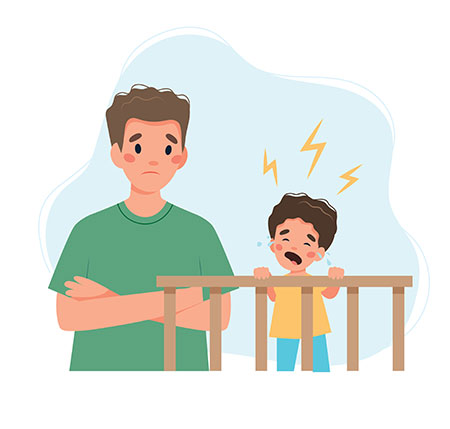Led by Dr Paul Holland, Integrative Parenting is a 4-week programme that aims to help and encourage parents to reassess, fine-tune, expand and better understand their existing parenting skills.
The programme does not try and fix parents nor does it profess to have all of the answers. Rather, Dr Holland created this programme based on years of experience working with parents and professionals with the sole aim to ensure that parents have as many tools and strategies to assist them in their very important role whilst giving them solid rationale to consider using these tools.

Where does our children's behaviour come from? What triggers our children to behave the way that they do? What maintains our children's behaviour? What function does our children's behaviour serve?
Behaviour does not exist in a vacuum, nor do our children simply decide to behave the way that they do. There are reasons and explanations for behaviours and it is our role as parents and caregivers to identify what these reasons are and to help our children through what are often very difficult and challenging situations. Understanding what triggers and maintains our children's behavioural responses are key to engendering positive change.
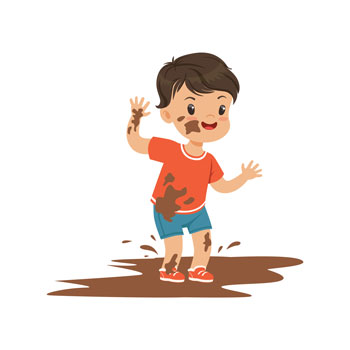
Behaviour is often referred to as the ‘tip of the iceberg'. What lies underneath are what causes these behavioural reactions.
Often when our children respond with what we often hear called ‘challenging or inappropriate behaviour' they are communicating that:
These are just a few of the explanations as to why our children may sometimes react with behaviours that we find difficult. Just think what sometimes underlies your own behavioural responses.

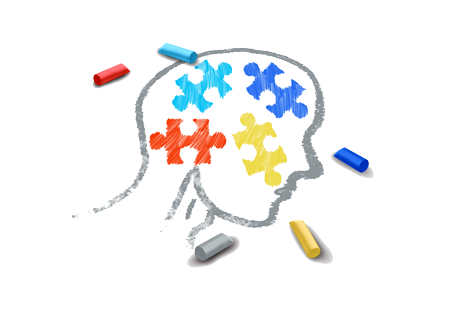
Growth Mindset has become increasingly accepted as an important component to happy and healthy learning. But what is Growth Mindset? How does it differ from having a fixed mindset and how can we encourage our children to adopt a Growth Mindset?
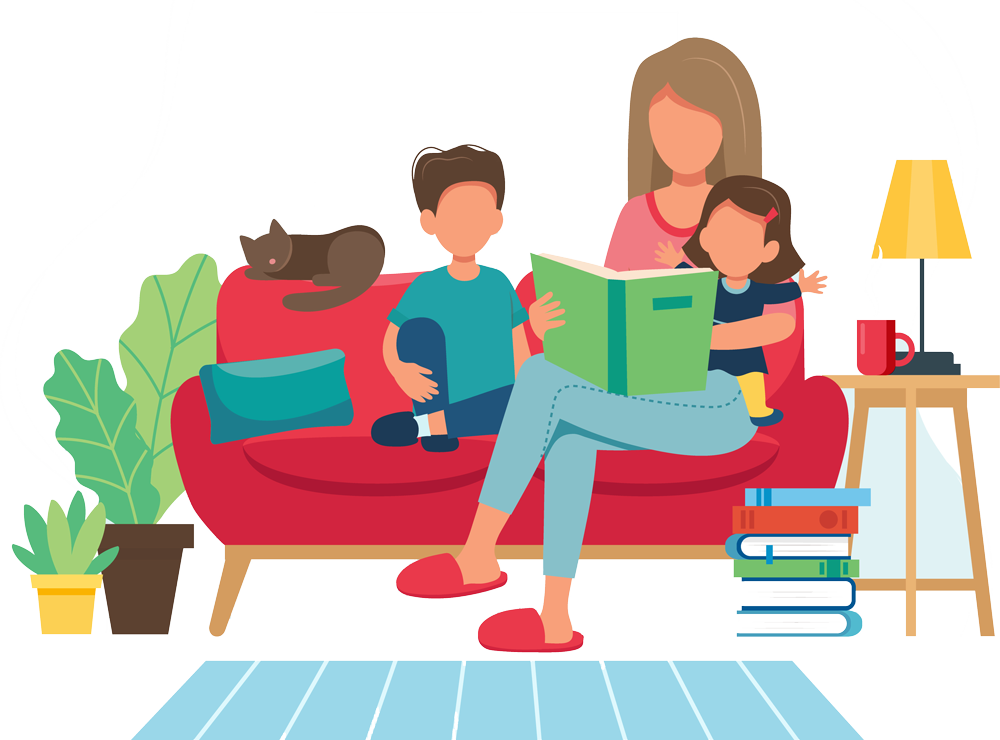
As human beings, parents are not perfect. None of us are perfect. Sometimes we respond to our children in ways that is not helpful or conducive to positive growth and change. But why do certain things our children do or say frustrate or annoy us? How could we respond differently? Responding with empathy is vital.
Children need firm boundaries and parameters to be set by their parents. Without clear boundaries children often feel confused and uncontained. It is possible to have clear and consistent boundaries in place while still listening to our children, considering their needs and desires, and responding with empathy. It is possible to be boundaried and empathetic at the same time…the two are not mutually exclusive.
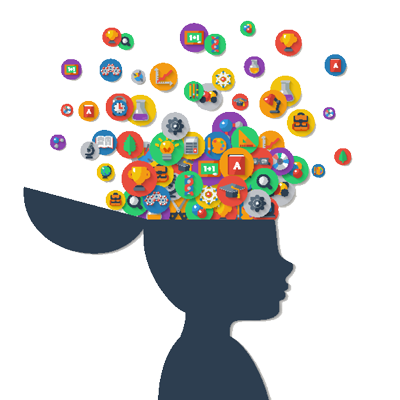
Executive function and self-regulation skills are the mental processes that enable us to plan, focus attention, remember instructions, and juggle multiple tasks successfully. We all have executive function strengths and areas for development.
Including time management, planning and prioritisation, working memory, task initiation, sustained attention, goal-directed persistence, emotional control, cognitive flexibility, organisation, response inhibition and metacognition, executive functions skills provide a good starting point in helping us to determine areas to target and develop.
Executive function skills are by their very name, skills, and as skills, all of these areas can be taught, developed and fine-tuned.
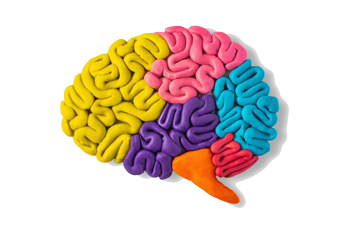
Throughout the life-span our brains retain the ability to adapt. Our brains are ‘plastic' and because of this, new skills can be taught whilst other, not so helpful skills or habits, can be unlearnt. Many of the challenges our children (and us for that matter) experience are due to skill deficits. If we can identify these skill areas and work on them over time, our children can develop and sustain useful habits that they can utilise throughout their lives.
Often when we experience difficulty or challenge, we feel overwhelmed. What helps us to make positive behavioural change is to address challenge systematically. Choosing fewer areas to work on, having clear targets and steps in mind, understanding what barriers may exist, whilst emphasising small quick wins are all important considerations when embarking on change.
